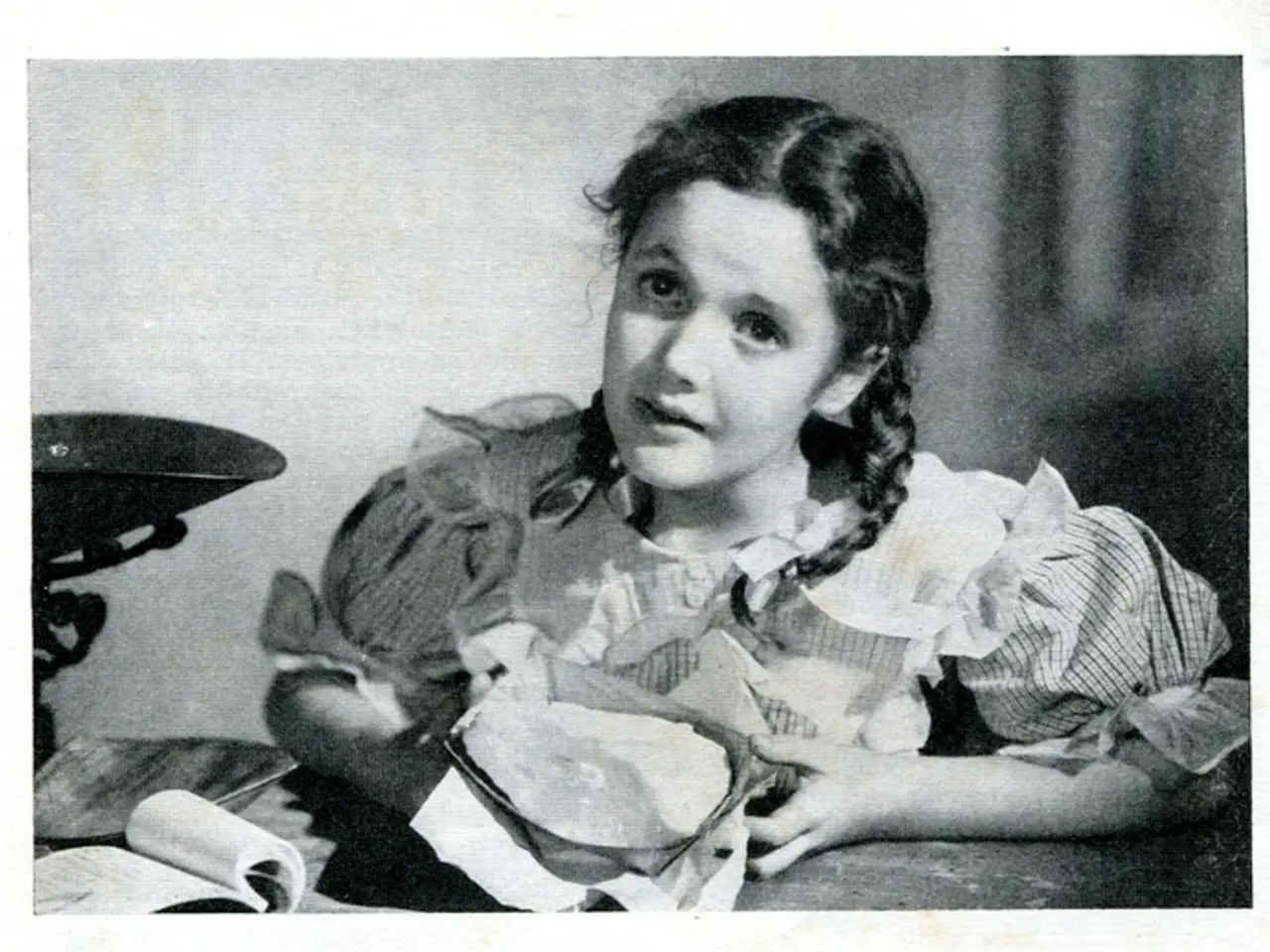Readying for International Baccalaureate English A: Literature Testing
Preparing for IB English A: Literature exams can be a challenging yet rewarding experience. With the right strategies, students can excel in this rigorous course focused on deep understanding of literary texts and effective analysis.
Paper 1 (Unseen Literary Commentary)
To tackle Paper 1, also known as the Guided Literary Analysis, students should read the unseen text twice to fully grasp its content, tone, and meaning. Identify and analyze key literary techniques such as imagery, symbolism, tone, and structure. Organize your commentary around themes or literary techniques instead of summarizing the plot. Connect each technique clearly to its effect on the reader and the overall meaning of the text. Regular practice of timed commentaries can help improve fluency and exam readiness.
Paper 2 (Comparative Literary Essay)
For the Comparative Essay, students should develop a strong understanding of the texts studied, including themes, characters, and authorial style. Prepare comparative notes on major topics and practice using comparative language like “while,” “similarly,” or “in contrast.” Structure your essay to balance discussion between both texts equally, ensuring thorough analysis for each. Practice timed essays to refine pacing, aiming for roughly 180–220 words per body paragraph across 3–4 paragraphs. Use bullet points or brief outlines to plan your argument before writing. Leave 5–10 minutes at the end for focused proofreading to improve clarity and grammar.
Individual Oral Commentary (IOC)
The IOC requires close analysis of an extract from a studied work alongside linking it to a global issue or another text. Preparation should include practicing concise, critical commentary focused on language, style, and theme. Develop links between the extract and its wider context or global issue. Rehearse clear, confident oral presentation and time management.
Higher Level (HL) Essay
For the HL Essay, students should prepare an extended essay on a specific topic related to the texts studied. Choose a focused research question and build a coherent, well-supported argument. Engage deeply with critical perspectives and textual evidence. Polish essay structure, language, and argumentation to meet HL expectations.
In all components, consistent practice with past papers, timed writing, and reviewing examiner commentaries significantly enhances performance. Annotation skills, clear organization, and effective time management are key across all tasks.
Remember, SL exams consist of Guided Literary Analysis, Comparative Essay, and Internal Assessment, while HL exams include Guided Literary Analysis, Comparative Essay, Internal Assessment, and a Higher Level Essay.
Stay calm and focused, read questions carefully, manage time wisely, and use textual evidence on exam day. With the right strategies and consistent practice, you can excel in IB English A: Literature exams.
To prepare effectively for the Question Bank in the education-and-self-development sector of learning, focus on strengthening your understanding of literary techniques, themes, characters, authorial style, and comparative language through regular practice. Regularly practice timed essays, bullet points, and outlines to refine your essay structure and time management skills for both Standard Level (SL) and Higher Level (HL) exams.




